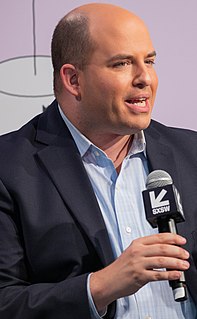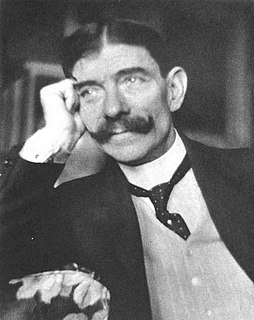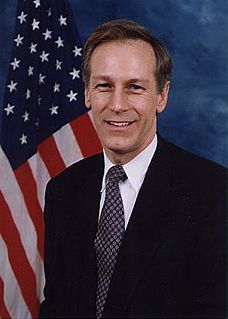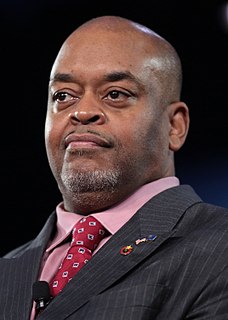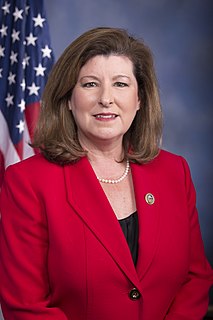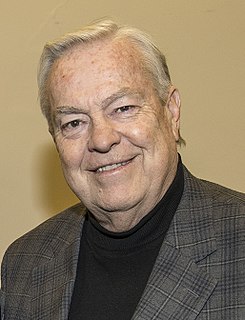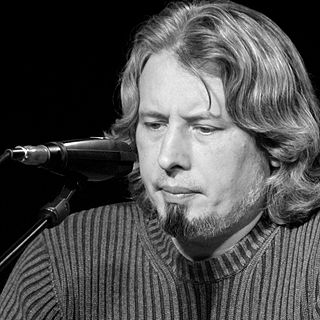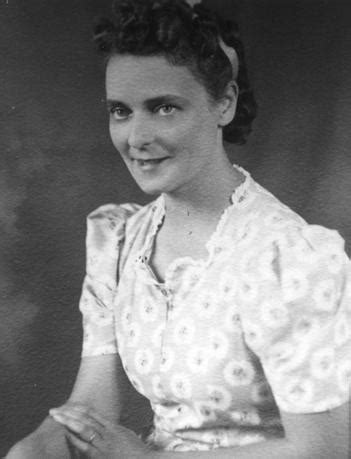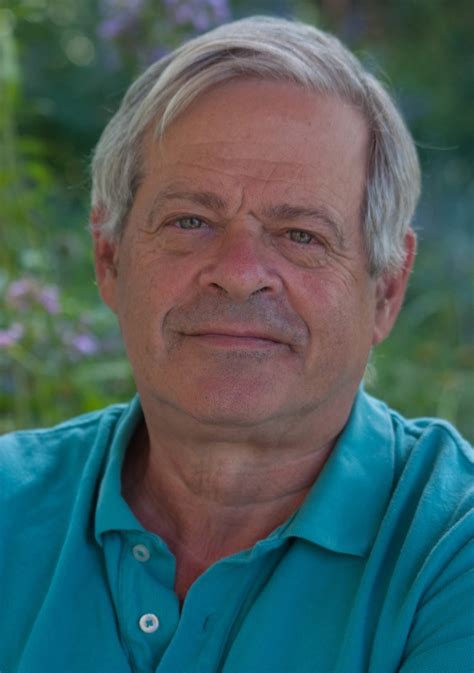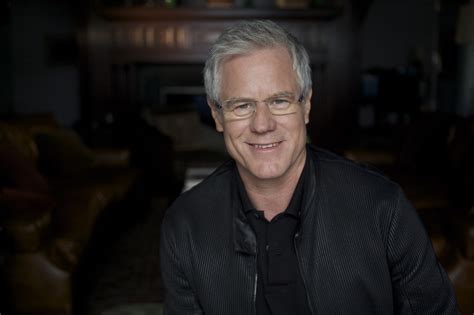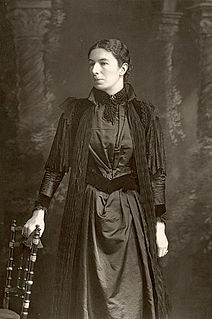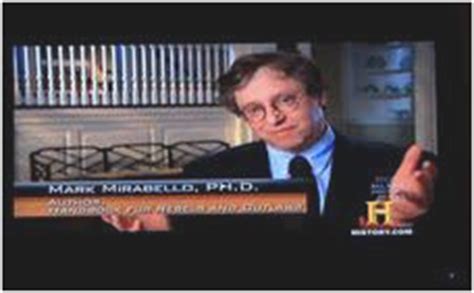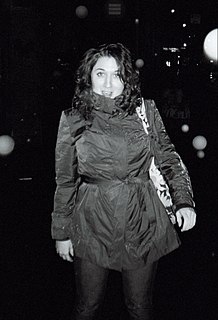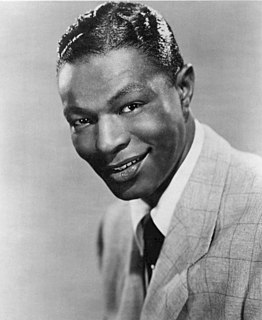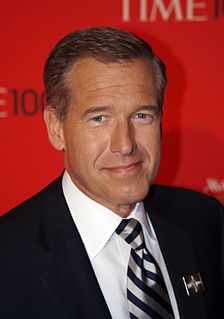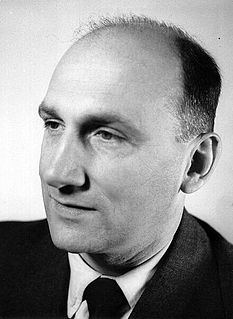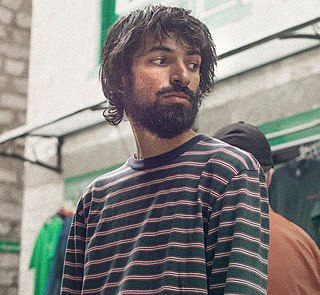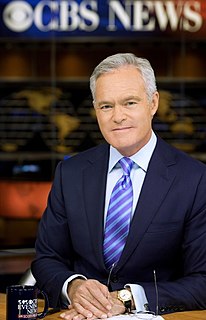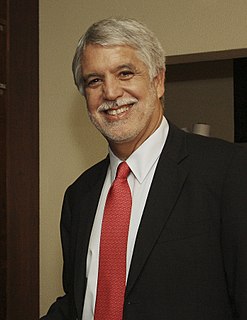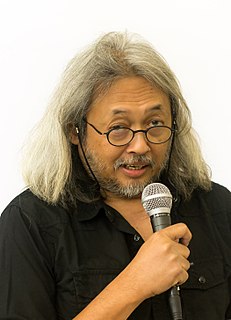Top 1200 Citizen Journalism Quotes & Sayings - Page 2
Explore popular Citizen Journalism quotes.
Last updated on December 22, 2024.
A big part of my book deals with the caliber of journalism. Our journalism in general is deplorable, and on elections in particular it's very ineffectual. There are a lot of problems, a lot of them having to do with to problems within the professional code of journalism, which defines its role as the regurgitation of what people in power say. Another big problem is that we allow people with money to basically buy what's talked about in campaigns through running TV ads.
I don't think a reporter necessarily becomes an arm of law enforcement. I think a reporter is like any other citizen. If a citizen can do his or her duty as a witness, if they have information about a crime, or if they have information about a criminal group, I think that there's a duty on the part of the citizen.
I think that [Donald] Trump is brilliant to raise this issue. When my son, Gabriel, and his wife, Deb, was pregnant, I said, You got to come home. I want my grandson to be president of the United States. He has to be born in the United States.Now, a child of a citizen of the United States born abroad or born wheresoever is a citizen if that's - he or she so chooses. So there's no doubt but that Ted Cruz is a citizen of the United States.
The best I can hope for is that I might provoke a water cooler argument between you and somebody else. But it is not journalism. It doesn't have the rigor of journalism. It doesn't have the proof positive that facts provide. So it can be readily dismissed as mere propaganda. But I can certainly reach more people.
This is a very proud moment for journalism. I think The New York Times and The Washington Post are genuine champions in this moment. The role that they are playing in democracy is the role that you hear about journalism playing in civics classes. Other people are doing great work, but the Times and the Post have really been leaders. The public is watching, and they are hungry. They know something is wrong, there's a lot of anxiety out there. There's a real sense that the mission of journalism is very clear.
Killing a bunch of people in Sudan and Yemen and Pakistan, it's like, "Who cares - we don't know them." But the current discussion is framed as "When can the President kill an American citizen?" Now in my mind, killing a non-American citizen without due process is just as criminal as killing an American citizen without due process - but whatever gets us to the table to discuss this thing, we're going to take it.
Third, and finally, the educated citizen has an obligation to uphold the law. This is the obligation of every citizen in a free and peaceful society--but the educated citizen has a special responsibility by the virtue of his greater understanding. For whether he has ever studied history or current events, ethics or civics, the rules of a profession or the tools of a trade, he knows that only a respect for the law makes it possible for free men to dwell together in peace and progress.

